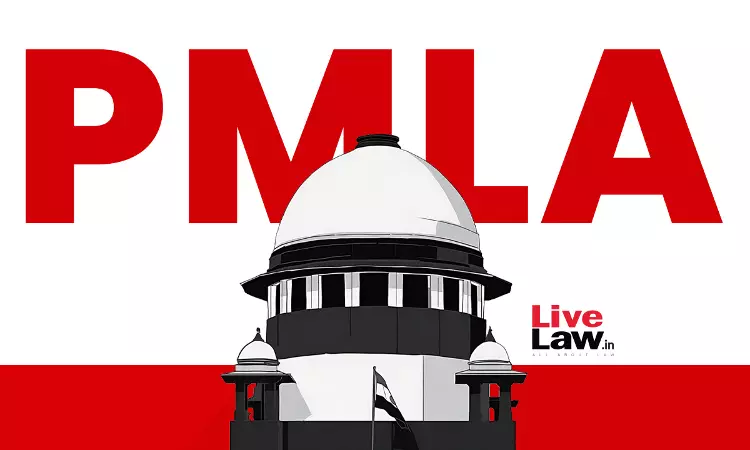When Detention Of Accused Is Continued By Court, Trial Must Be Completed In A Reasonable Time : Supreme Court
Suraj Parmar
20 Nov 2023 9:04 PM IST

Next Story
20 Nov 2023 9:04 PM IST
"When the detention of the accused is continued by the Court, the courts are also expected to conclude the trials within a reasonable time, further ensuring the right of speedy trial guaranteed by Article 21 of the Constitution," said the Supreme Court while rejecting the bail application in a money laundering case.The bench comprising Justices Aniruddha Bose and Bela M Trivedi also...
